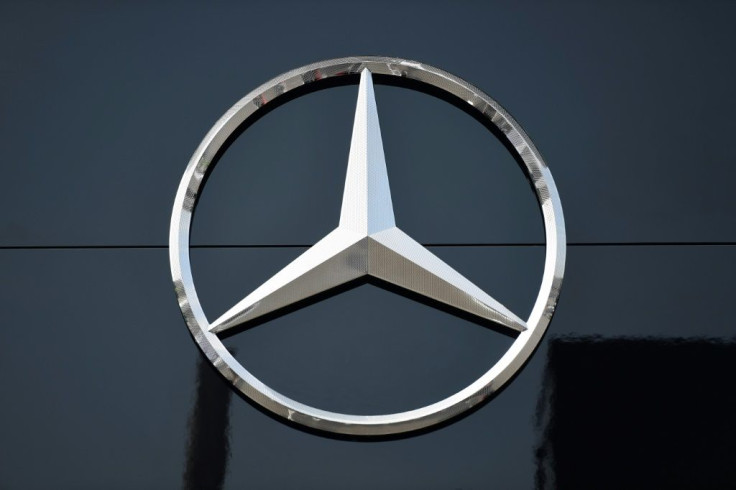Mercedes-Benz Vehicles Might Soon Come With Ultra-Fast VoxelFlow Sensors
KEY POINTS
- TerraNet believes that its proprietary VoxelFlow sensors could make vehicles safer to drive
- A voxel is likened to a pixel in 3D space
- Mercedes-Benz wants to integrate VoxelFlow into its Live Map project
In a bid to improve driver's safety, Mercedes-Benz has partnered with Swedish company TerraNet to test the latter's cutting-edge automatic vehicle (AV) sensor technology -- VoxelFlow collision detection system.
The new AV sensor by TerraNet hopes to address some issues that plague current-generation automotive safety systems. According to the Swedish company, the VoxelFlow technology can help reduce accidents on the road.
Most cars have collision detection systems that primarily rely on traditional cameras with a combination of radar, ultrasonic transceivers, and lidar sensors. However, one of its concerning flaws is the speed and accuracy at which the sensors are triggered when a close-up object suddenly comes into its line of vision.
In a demonstration, CNET offers a scenario wherein a child might suddenly cross in front of a vehicle. Due to the limitations of existing road safety features, the on-board computer would not be able to stop the car on time.
TerraNet, on the other hand, believes that its proprietary VoxelFlow could make modern vehicles safer to drive. As indicated by the name, this cutting-edge system uses “voxels” to recognize potential hazards in front of its field of vision at various distances.
Machine vision experts, Dr. Anthony Roy, likens "voxel" to a pixel in 3D space. The VoxelFlow uses three event cameras and a laser to quickly map out an object’s relative distance to the vehicle with X, Y, and Z coordinates supplied directly to the computer.
"You can use multiple 2D cameras to generate that third coordinate," suggests Dr. Roy. "The problem is that it takes longer for a computer to crunch that data. Using lidar or something like this system is going to be faster."
This minimizes the time it takes for the program to analyze the location data and appropriate actions needed to stop the car in time. Mercedes-Benz reportedly wants to integrate Voxelflow into its Live Map project. The German marque hopes the information gathered will eventually lead to better navigation and route planning safety.
TerraNet claims that the VoxelFlow system can adapt to dynamic changes in brightness, thus making it a good option to enhance what is already available with road safety in mind. According to what Mercedes-Benz hinted at in the video, VoxelFlow should soon be a standard inclusion on all automobiles in its fleet.

© Copyright IBTimes 2025. All rights reserved.



















